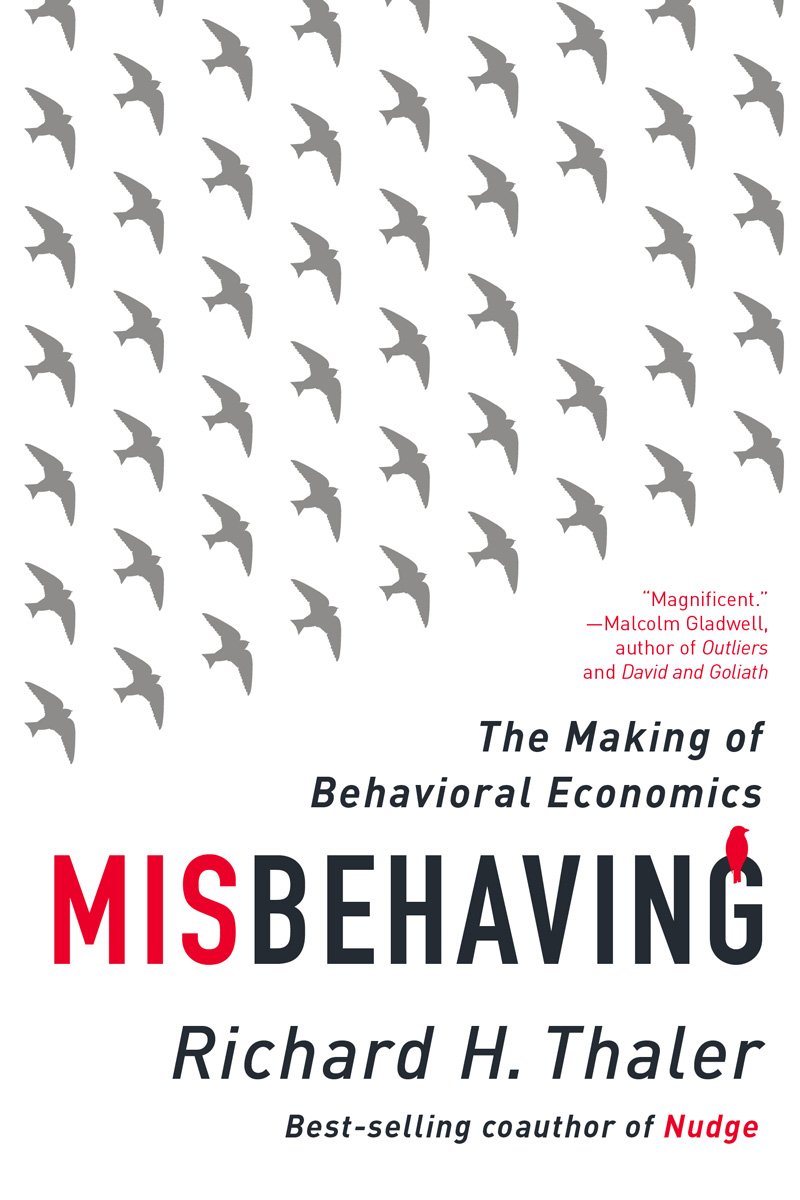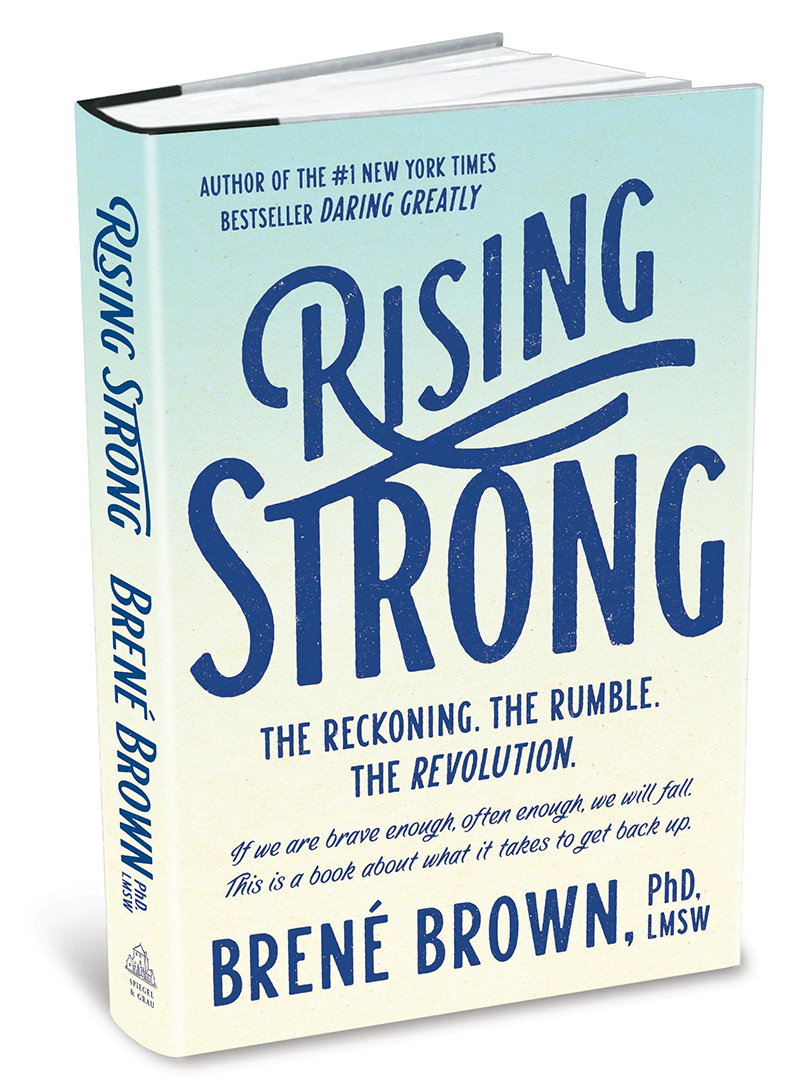Weekly Wisdom #7
The Secret to Living is Giving
A friend recently said to me, “You’re a great gift giver.” I was elated. I can honestly say, at my core, I believe it’s better to give than receive.
To experience that incredibly satisfying feeling of happiness when you make someone smile with one simple gift, is perhaps, the best feeling – Ever. By far, more valuable than what’s wrapped inside.
I’ve been noticing that these days we all worry too much about our own lives. I feel we can make a difference in the world around us by stopping to give, even when we are hurting or at a low point. That giving, in some small way, is one of the best things that we can do to pull ourselves up.
And it’s not just me – people who give money to charity tend to be happier and also healthier than others, said Elizabeth Dunn, a psychology professor at the University of British Columbia in Canada, where she studies happiness. “People who donate money to charity are happier in poor and rich countries alike,” she said. “You don’t have to have a lot to experience the emotional benefits of giving.”
Some of us are more privileged than others, we aren’t all in the position to make huge donations to our favorite charity, but giving can come in smaller, more targeted ways. Whether it’s a small monthly donation or volunteering your time; by giving what you can, with no tangible strings attached, you’re guaranteed a big emotional boost.
Enriching the lives of others makes us all wealthier. The simple act of giving to another person is in itself rewarding on many levels. What I’m focusing on this week is more about how giving can create change, beyond just giving because it feels good, let’s also make sure our generosity has an impact.
A couple of ways I’m getting started is over the coming year, I have committed to building a well for water with Charity:Water which is a nonprofit that builds wells in developing countries. (Need to raise $10,000 to build a well). I have also committed to building a school in a developing country through Pencils of Promise. (Need to raise $25,000 to build a school) – http://www.stayclassy.org/draye The smallest acts of kindness and charity can inspire others.
7 Ways You Can Maximize Your Happiness When Giving
- Activate the Reward Center in Your Brain
When you make a donation to charity your brain acts in a similar way as if you’ve exercised or taken a brisk walk. Charitable giving can release the surge of endorphins that contribute to the “happy” feeling in the deepest parts of your physiology. That rewarding feeling is often associated with health and well-being.
- Improve Life Satisfaction
Giving more to others – in both time and resources – brings greater satisfaction in life. Those who give to one another are happier with each other, families and communities.
- Feel Happier
There are countless charities that need your support. Some of those charities are directly in-line with your most compelling passions. Approach helping them financially or with your time. It’s sure to bring a joyful feeling.
- Improve Key Measurements of Your Health
Generous people report being happier, healthier, and more satisfied with life than those who don’t give. People who volunteer score better on key measurements in overall health and research suggests a link to better health in elderly individuals.
- Reduce Rates of Stress
Research shows that a person’s blood pressure fell significantly when they gave to other people or causes, but it remained unchanged when they spent money on themselves. The improved happiness and health of people who volunteer and make charitable contributions is likely to reduce rates of stress, as well.
- Induce Civic Engagement
Broaden your network and find others with similar interests. Volunteering is a great outlet for meeting others and can put you face-to-face with people right in your community. If you’ve found a cause you like to support with donations, it’s usually just a matter of time before you start contributing your time to that cause as well. Find a local worthy cause.
- Reduce Your Tax Burden
Finally, and most famously, charitable contributions can reduce your tax burden at the end of the year. If you’re itemizing your tax return, you can report the dollars you contributed to charity for a deduction in your taxable income. Short on cash? Donate unwanted items to charity to earn a deduction. Adding up to substantial savings, especially if you’re in one of the higher tax brackets.
THE BOOK OF THE WEEK
Richard Thaler’s – Misbehaving: The Making of Behavioral Economics
(Click the Image to buy a copy of the Book)
Last Weeks Book Summary
Brené Brown’s – Rising Strong
(Click the Image to buy a copy of the Book)


